The TikTok Burning of Alexandria
So, here’s the breakdown–this TikTok ban could have astronomical consequences.
Like what you read? Liking posts on Substack, sharing, and subscribing are all much appreciated ways to support the work of Words From My Wits’ End. Talk soon<3
Well, here we are. As we remain aboard the sinking ship of TikTok, Gen Z is managing to make a very serious situation simultaneously profoundly unserious. The Titanic violin scene is trending, with users interpolating the scene as “it’s been a pleasure posting for you sir” while also referencing the burning of the Library of Alexandria, in which thousands of books and records of knowledge were thought to be destroyed in 80 AD.
After years of back-and-forth, the clock is ticking on TikTok. The Supreme Court made the decision to uphold a U.S. ban on the app, which now boasts 170 million American users. President Biden is leaving enforcement of said ban up to Trump, but ByteDance, TikTok’s Chinese parent company, is still planning on cutting the cord.
As many TikTok users say, “this used to be a dancing app” (and in some ways, it still is–thanks to Charli D’Amelio and the dancing husbands of 2024). What began as Mucial.ly instantly reached new heights once it rebranded as TikTok in 2018. Suddenly, an app once made for lip synching and do-it-yourself choreography became a beacon of community, a worldwide audience for small businesses, a launchpad for the careers of musicians and artists, and the hottest ticket to American data in the world.
 Tiktok failed to load.
Tiktok failed to load.Enable 3rd party cookies or use another browser
The TikTok ban was born from concerns over the Chinese government harvesting data from American users. Now, countless video creators feel the ban goes much deeper. TikTok has proven a powerful organizing tool for progressive protestors, and has actively mobilized voters during crucial American elections. It has become a gateway for information, given that 54% of Americans now consume news on social media (via Pew Research Center). TikTok’s user-friendly and personable nature made it the perfect grounds for progressive activism, and for dialogue surrounding the dangers of misinformation and hate speech online.
TikTok has also proven to be a lifeline for the American economy. At the peak of the COVID-19 pandemic in 2020, influencers began building personal and professional brands on the app, with many quitting traditional jobs in favor of TikTok’s coveted Creator Fund. The Creator Fund requires users to have 10,000 followers, and offers significant payouts per viral video. For many, this money has paid rent, student loans, and medical bills for the last five years. TikTok contributed $24.2 billion to the U.S. GDP and drove $14.7 billion to small business owner’s revenue.
 Tiktok failed to load.
Tiktok failed to load.Enable 3rd party cookies or use another browser
Regardless of audience and economic impact, the TikTok comment section made the average user feel less alone. Countless creators tackled difficult topics, and found solidarity in people who experienced similar but had never said the quiet part out loud. TikTok user @reesateesa found internet fame for her “Who The F*ck Did I Marry?” series, in which she detailed the painful betrayal of her divorce. Soon after, many other women came forward about their experiences with difficult divorces and domestic abuse.
 Tiktok failed to load.
Tiktok failed to load.Enable 3rd party cookies or use another browser
TikTok has remained the arbiter of the trend cycle in both fashion and music throughout the 2020s. While the algorithm brings personal interests to the forefront for each individual user, some trends were so huge that they became imperative to the cultural conversation. Among these notable trends is the platform’s revival of deep cut music from established artists’ catalogues.
Netflix’s Stranger Things lent Kate Bush her first number one hit with “Running Up That Hill”, landing her a spot in the Rock n’ Roll Hall of Fame. Amazon Prime Video’s BookTok favorite adaptation of Daisy Jones & The Six introduced Gen Z listeners to the charms of 1970s rock music, and particularly, Stevie Nicks’ long-buried enchanting Rumours track “Silver Springs.” TikTok also brought the sparkling strings of Mazzy Star’s “Fade Into You” to the soundtrack of countless video trends. The platform lent itself to the universal nature of music, proving that true hit songs will resonate with new generations time and time again.
TikTok’s fashion community is divisive. Upon its inception, the revolving door of the trend cycle contributed to the rise of fast fashion, often bought from companies like Shein (which later came under fire for unethical factory practices and negative environmental impacts). As it continues to evolve, fashion creators organize aesthetic choices into “cores”, helping users discover their personal styles and learn how to build a personalized wardrobe. FashionTok has also contributed to a rise in second-hand shopping, both for the vintage aesthetics and the positive impact on the environment amid a rapidly warming climate.
BookTok has made reading cool again for a digital generation. It has paved the way for new authors to find niche audiences, and even sign on for film and television adaptations (for better or for worse–what has brought us Emily Henry has also brought us the ever-controversial Colleen Hoover). It has encouraged young adult readers to pick up the classics, and discuss them on the modern world’s literary salon–the internet.
Similarly to early 2010s YouTube, TikTok provided a diverse space in the beauty world. The thickly Boston-accented Mikayla Nogueira brought humor to the makeup artist world. The demure Jools LeBron, a Puerto Rican trans woman, brought both laughs and important techniques to the cosmetics industry. LeBron continues to be open about how her viral TikTok fame changed her life for the better, including giving her the ability to help her family financially and finance her transition. Golloria continues to make major strides in the cosmetics industry for dark-skinned Black women, holding major brands to account when they fail to include vast enough shade ranges in complexion products.
 Tiktok failed to load.
Tiktok failed to load.Enable 3rd party cookies or use another browser
Despite its many positives, there are certainly important criticisms. While TikTok does now have a fact checking system, for a while, misinformation spread. It has also allowed for a conservative pipeline leading to trad-wives, raw milk, and anti-vaccine rhetoric. Recently, some BookTok influencers claimed that free books that they were sent had “too many words.” The short-form video, while convenient, has certainly altered the way people consume information, and for some, their attention spans. In spite of these pitfalls, TikTok remains one of few social media platforms not led by an openly right-wing CEO, making it a far more level playing field than X (formerly known as Twitter, due to Elon Musk’s purchase of the platform) and Meta, which recently struck down its fact checking. On a platform that boasted so many users with so many different views, many feel that the incoming administration aims to silence them.
 Tiktok failed to load.
Tiktok failed to load.Enable 3rd party cookies or use another browser
The ban of TikTok, for many, feels like a modern day burning of the Library of Alexandria. TikTok holds millions of pieces of vital information, humor, and cultural commentary that will be near impossible to replicate elsewhere. TikTok’s role in the culture has been ever-present in my own life, and has largely informed my own reporting in these early stages of my career. I have found new musicians to interview about their careers, and have been introduced to people from other cultural backgrounds, allowing me to report on the stories of people from all walks of life.
As TikTok goes dark on Sunday for my fellow American readers, remember to download your data, but most importantly, remember that the communities found online have the capacity to extend far beyond, even if the clock has ticked for the last time on your favorite platform.




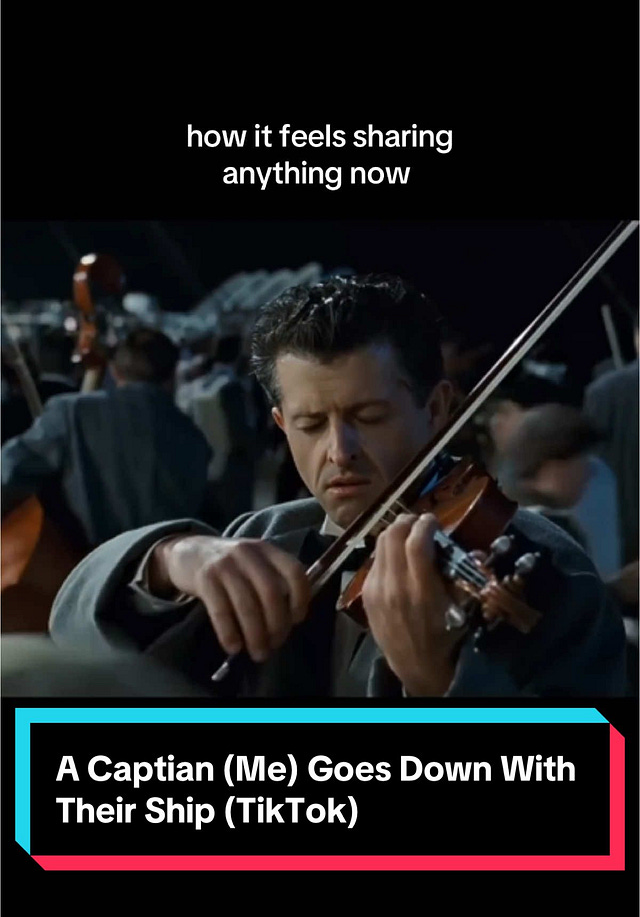
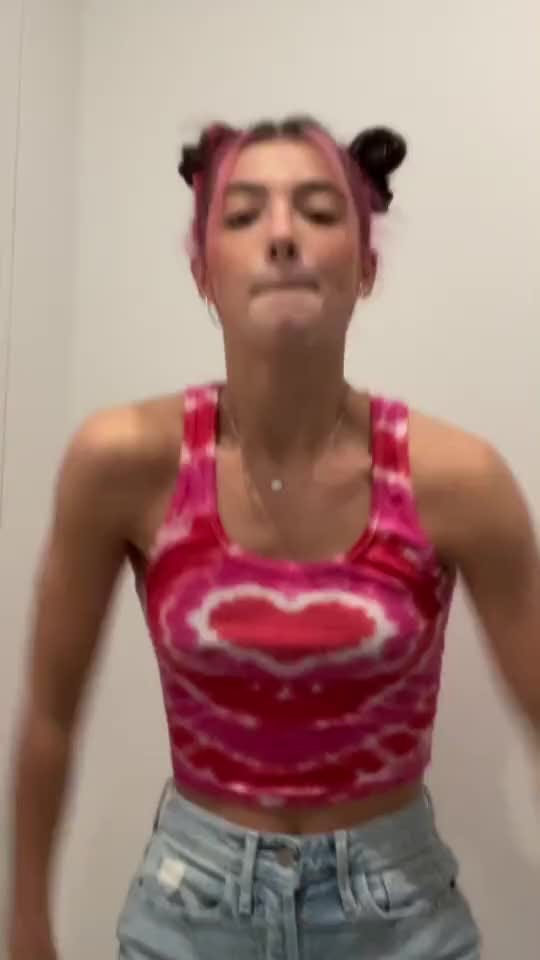
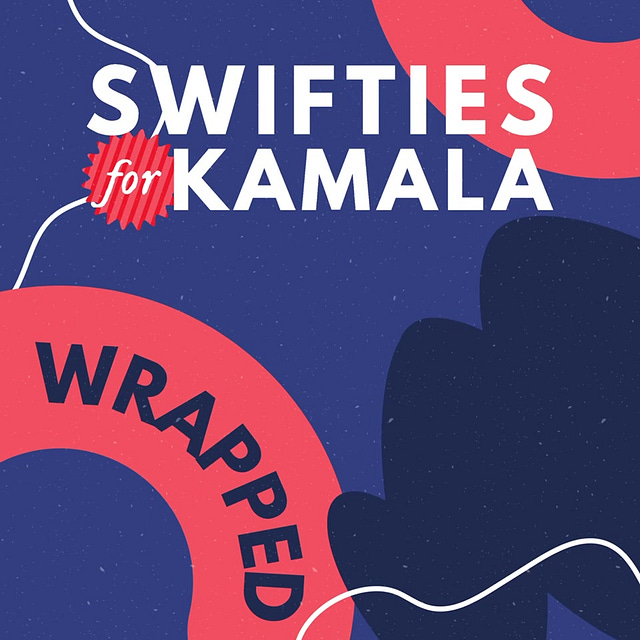
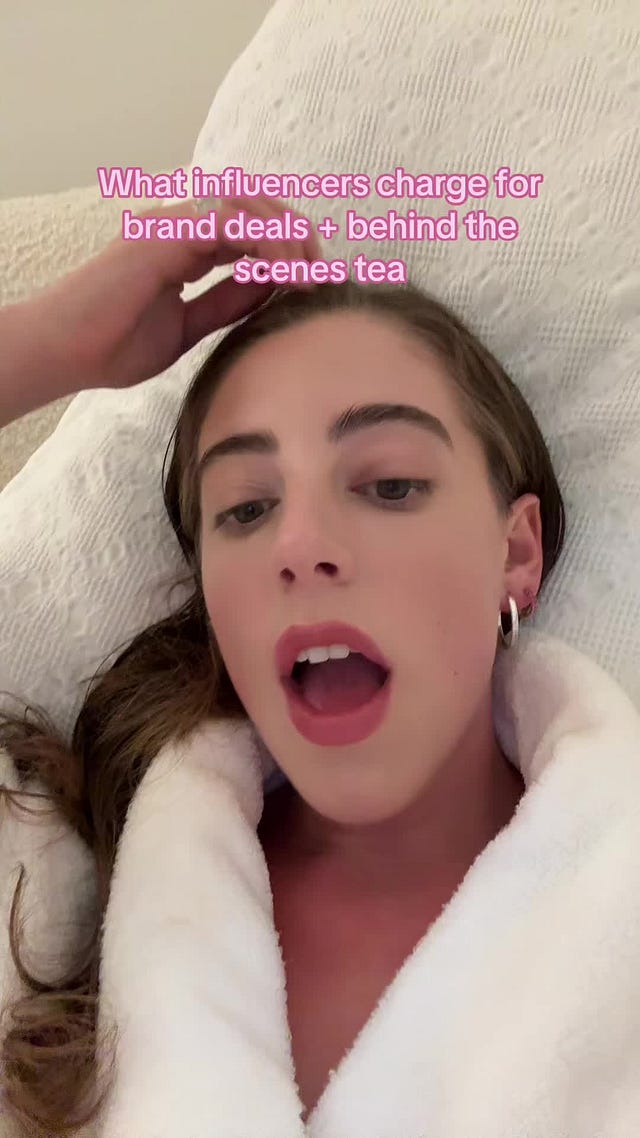
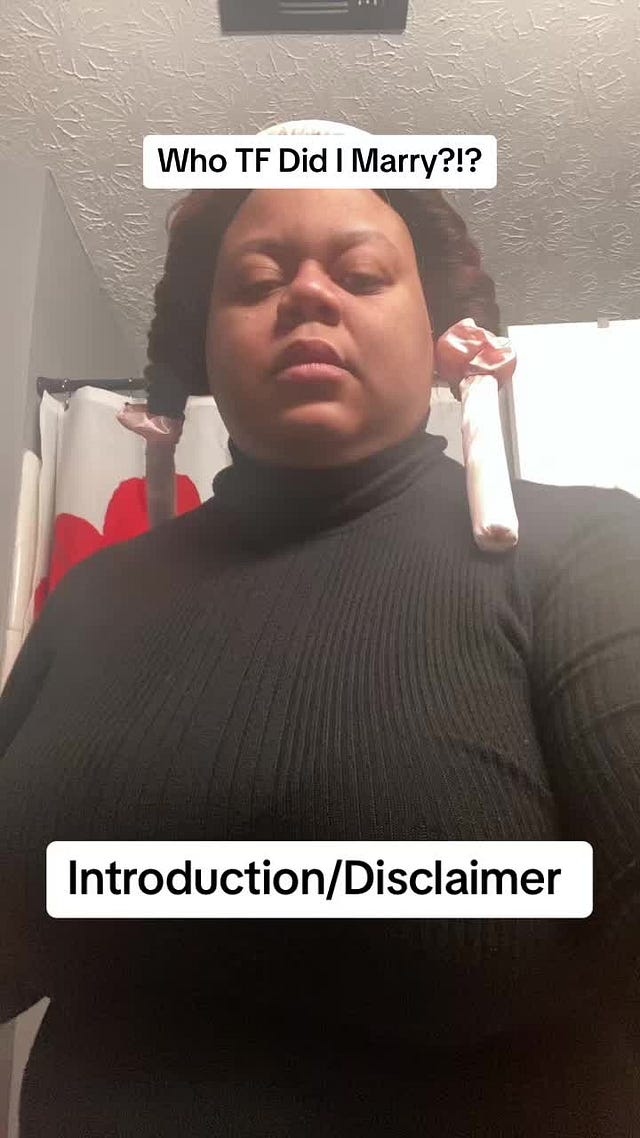
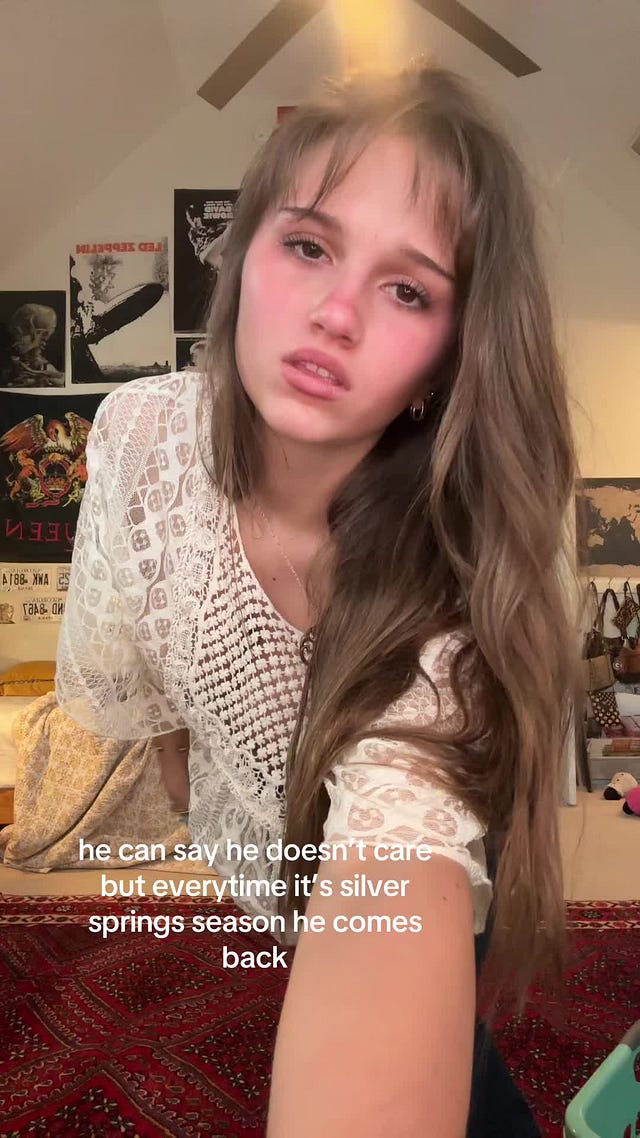
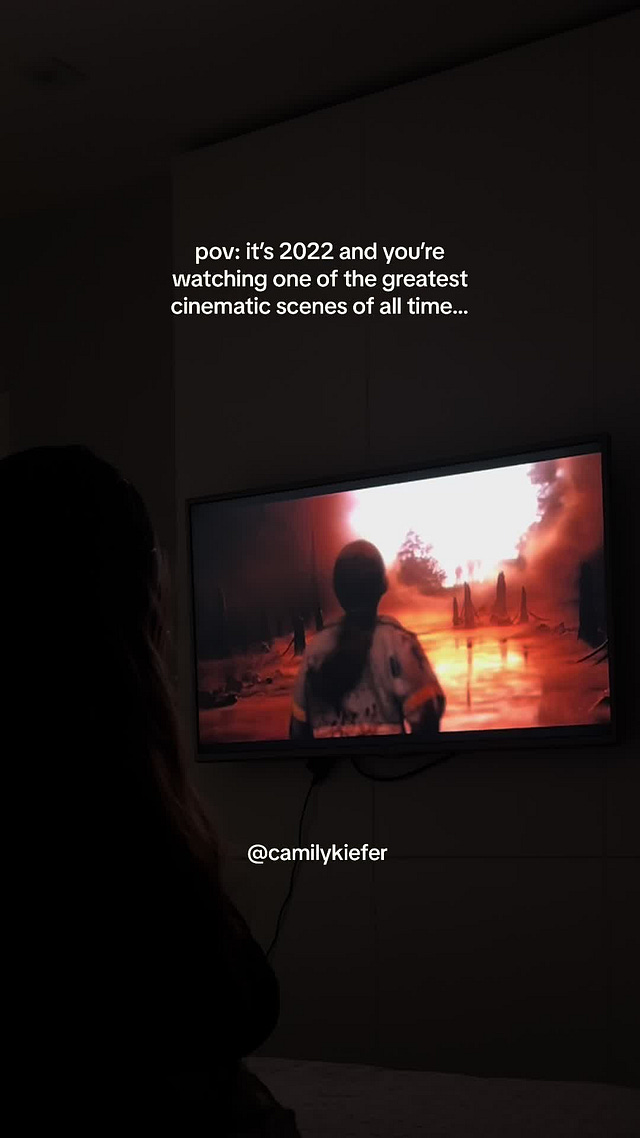
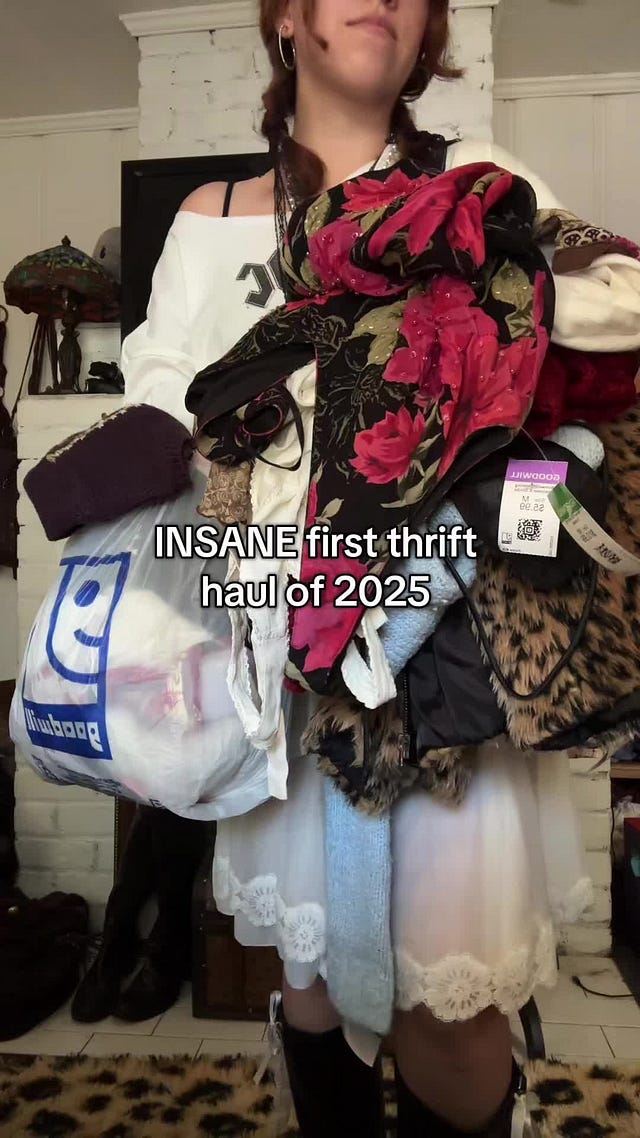
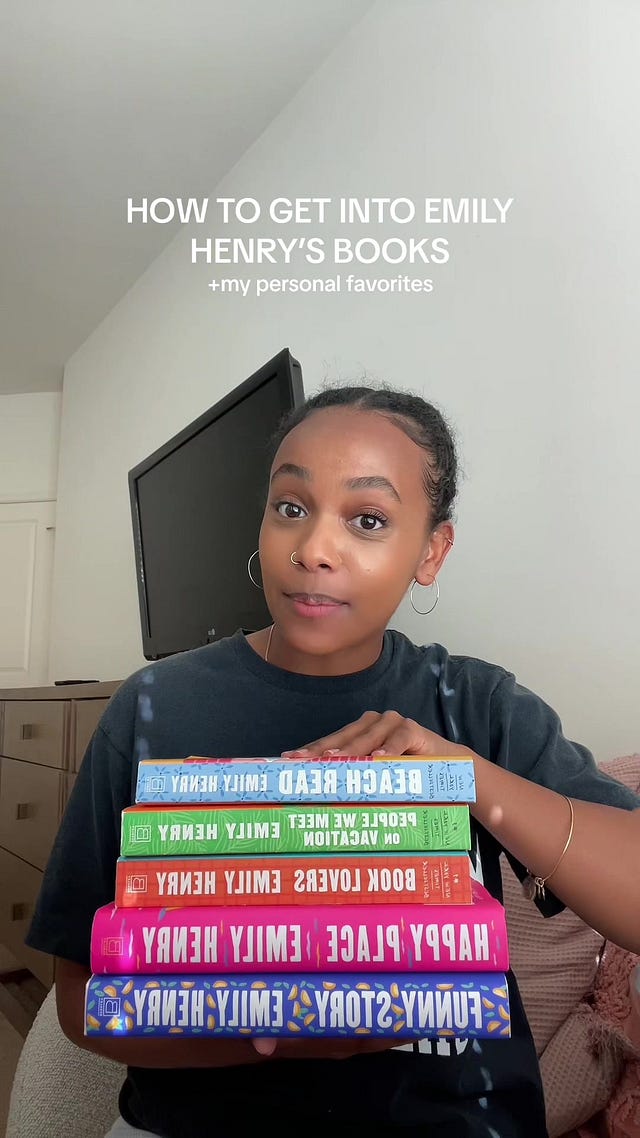
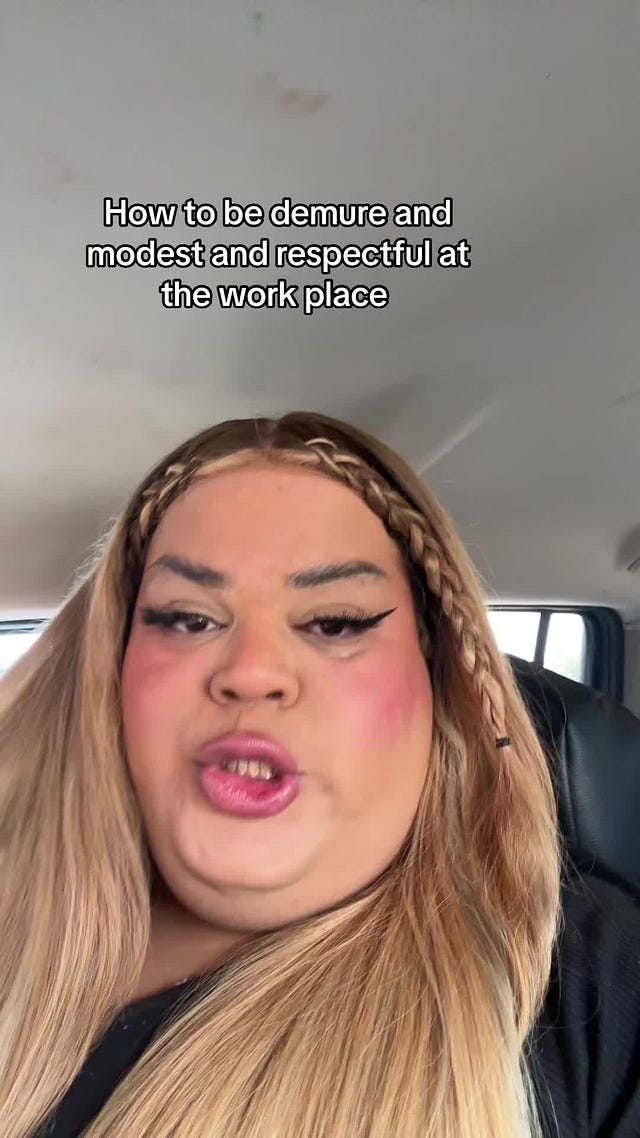
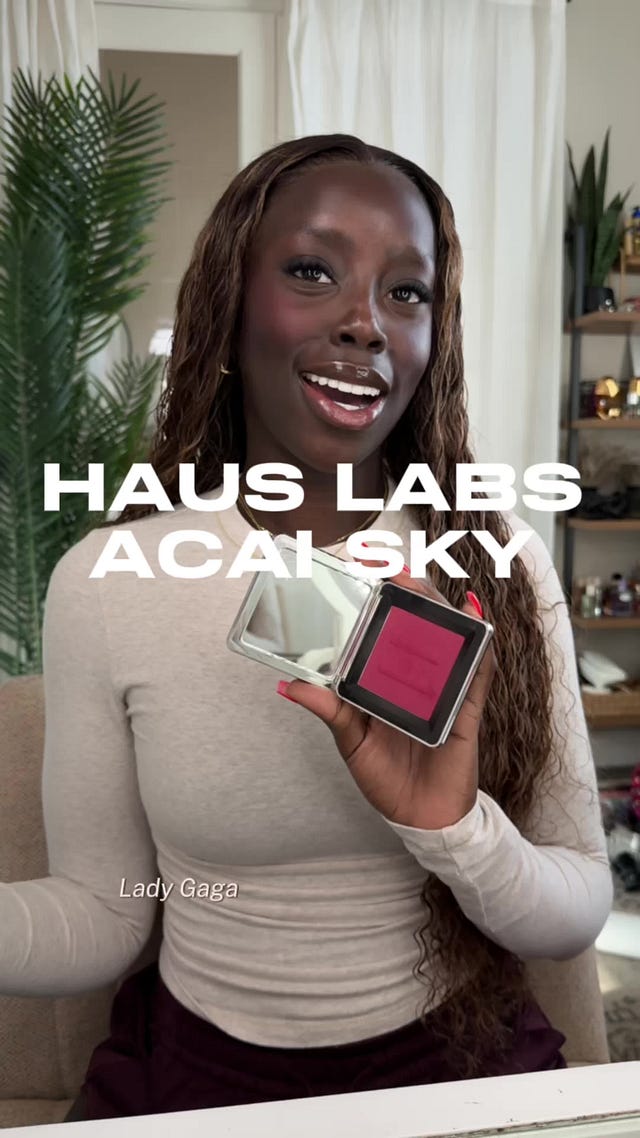
The TikTok Ban: A Psychological Power Play
Donald Trump’s handling of the TikTok ban is a textbook example of psychological manipulation targeting Gen Z. Here’s how the strategy worked:
1. Manufactured Crisis
By framing TikTok as a national security threat, Trump exploited the illusory truth effect—repeating a claim until it felt true. Targeting TikTok, a Gen Z cultural hub, triggered reactance psychology, where restrictions fuel rebellion, making his eventual reversal more impactful.
2. Perception of Power
Trump’s decision to lift the ban created the illusion he was more powerful than Congress. This leveraged the halo effect, positioning him as an independent disruptor, resonating with Gen Z’s distrust of traditional institutions.
3. Oversimplified Narratives
The ban boiled down to “Trump vs. Congress,” exploiting Gen Z’s reliance on quick, surface-level content. This relied on heuristics—mental shortcuts that simplified the issue, obscuring the deeper manipulation at play.
Takeaway for Gen Z
Trump’s TikTok manoeuvre reveals how easily emotional triggers and oversimplified narratives can be used to manipulate even the most skeptical generation. The solution? Stay critical, dig deeper, and question who benefits from the spectacle.
GQ